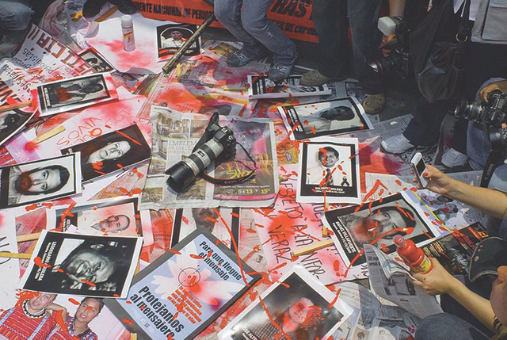
The Committee to Protect Journalists published the Global Impunity Index that lists the top 12 countries where perpetrators of crimes against journalists go free. Mexico and Brazil are the Latin American countries that made the ranking.
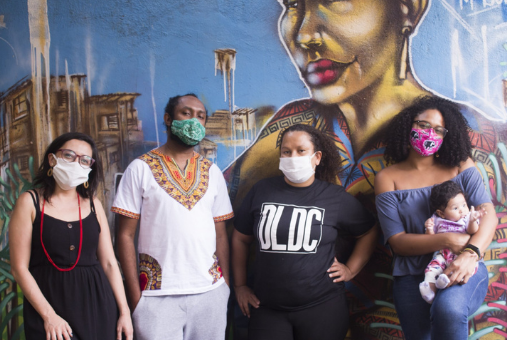
In the absence of specific public policies to finance journalistic activities, small media outlets in Brazil make use of calls for grants for cultural projects to obtain resources. The country has a long tradition of publicly funding cultural activities, and journalists and experts advocate the same approach to journalism to tackle the news deserts and disinformation.
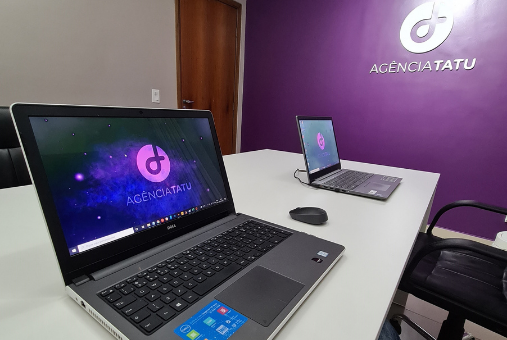
While still in college and with just US $36, Brazilian students launched Tatu, a data journalism agency specializing in coverage of the state of Alagoas. Today, the startup has eight employees, is already financially sustainable and seeks to expand its coverage.
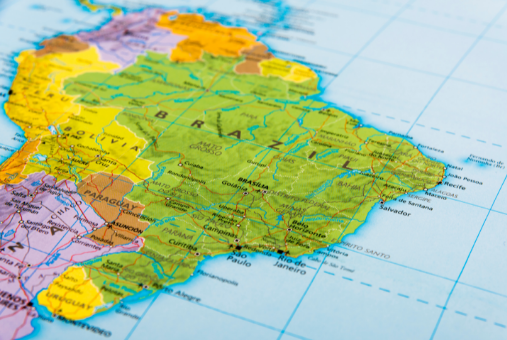
The creators of a successful program matching journalists with underserved communities in the United States are digging roots in Latin America. Report for the World, a program of international news organization The GroundTruth Project, is partnering with Brazilian digital natives Marco Zero and InfoAmazonia to fund reporting positions and offer training for their newsrooms. Launched in mid […]
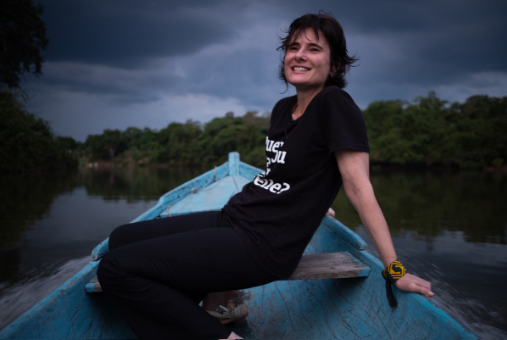
In the interview, Brum talks about the times she suffered sexual harassment and discrimination in Brazilian newsrooms, about the experience of being a mother at age 15 and the lack of support at work, in addition to the decision to move to Altamira, in the interior of the Amazon
![Zehbrauskas, vencedora do Prêmio Cabot: ‘Fazer fotojornalismo é caro, é preciso viajar, investir em equipamento, segurança, [pagar] honorários decentes. Sem isso vejo um futuro muito escuro.’ Foto: Crédito: Dario Lopez-Mills](https://latamjournalismreview.org/wp-content/uploads/2021/09/Featured-Adriana-Zehbrauskas.png)
U.S.-based Brazilian photojournalist Adriana Zehbrauskas is internationally recognized for her sensitivity and empathy in covering people in vulnerable situations in the Americas. She is one of the winners of the 2021 Maria Moors Cabot Prize, the first edition awarded exclusively to women.

A study by the NGO Reporters without Borders (RSF) and the Technology and Society Institute of Rio (ITS-Rio) shows that social media has become a hostile territory for the press in Brazil. In a three-month period, between March 14 and June 13, 2021, the researchers identified 498,693 attacks on journalists and the press in general in Brazil. A fifth of the total attacks came from accounts with a high probability of automated behavior, i.e., robots.

The report, from the Reuters Institute for the Study of Journalism, has collected data in four countries: Brazil, India, UK and the U.S.

Researchers looked at 80 news sites from 20 Latin American countries and identified three that stood out in making the audience an active part in making the news: digital natives GK (Ecuador), The Intercept (Brazil) and RED/ACCIÓN (Argentina ). According to the study, published in Brazil Journalism Research, the business model of the three outlets, based on direct revenue from the audience, creates more spaces for collaboration with the public.

New initiative brings together organizations of journalists and communicators to receive reports of threats, attacks and violations of press freedom in Brazil. Coordinated by the Vladimir Herzog Institute and by Article 19, the Network for the Protection of Journalists and Communicators has an online reporting tool and will offer training and protection courses to improve journalistic practice in the country.
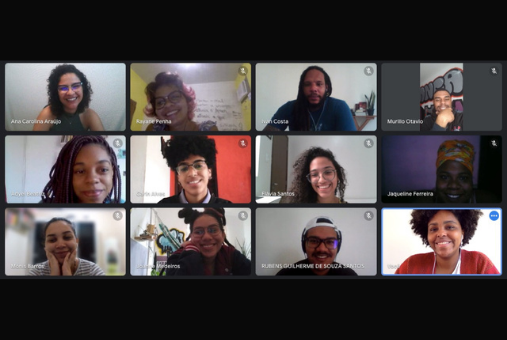
In addition to Folha, Nexo Jornal also launched an exclusive training program for Black people in 2021. These initiatives seek to break down some of the barriers that hinder the entry and permanence of Black journalists in Brazilian newsrooms, also leading to debates about racism and whiteness within organizations.
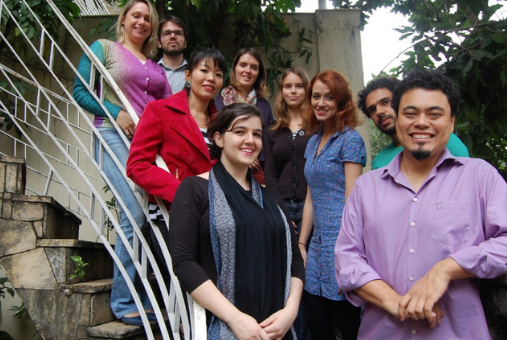
Repórter Brasil celebrates its 20th anniversary on Oct. 9, the date the site was originally launched – in director-general Leonardo Sakamoto's words, the NGO is today, due to its history in the country, "a grandpa of digital journalism organizations.” To mark the anniversary, LJR spoke with key people at Repórter Brasil to talk about how it works, their way of doing journalism and their plans for the future.